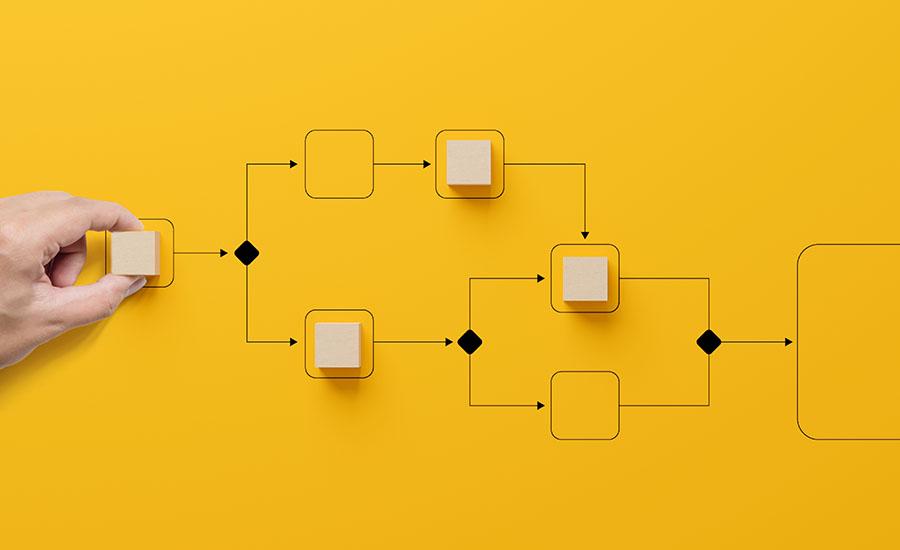This project sets students up to explore animal anatomy and physiology with the idea of replacing a lost appendage (beak, leg, tail, fin, etc.) This is used in small groups of 2 or 3 over the course
In this lesson, students will show how mass affects velocity (distance/time). Multiple variables can be changed to provide a story representing Newton's Laws in action.
The lesson plan challenges students to integrate research, agricultural principles, and engineering concepts, sparking their creativity in designing efficient and sustainable hydroponic setups. From
Students will discover the Empirical Formula for the synthesis of Magnesium and Oxygen through a laboratory experiment in which they will react Magnesium Ribbon with atmospheric Oxygen by super
Students will understand the concept of Scoville units, learn about the scale's origin, and explore the factors contributing to the heat of peppers. They will also engage in hands-on activities to
Students work together to measure the lengths and angles of a maze in order to create a scale drawing of it. They then use EdScratch to program their Edison robots to navigate the maze.
This engaging lesson is all about scale factor. Students will draw different items to scale. There is a Three Act Math, a DESMOS activity, and a Quizizz link to go along with the lesson!
A Makerspace experience for the Holidays! (Part 2) Students are invited to launch their very own startup business just in time for the holidays! In your Makerspace group, invite students to brand
Students will use evidence from an investigation to model and explain how thermal expansion of land and sea ice impact the sea level. They will quantify the impact of land ice melt and thermal
Have you wanted to set up a STEM Night at your school? This has all the documents and stations that we used at our 5th grade Family STEM Night.
Students will be able to utilize multimedia resources, such as online simulations and interactive videos, to explain the process of natural selection and provide examples of how it leads to species
Students will collaborate to design a school map to include living and nonliving 3-dimensional objects. Students will use a Cubetto or Sphero device to navigate through a student created map
In this lesson, students are challenged to design and test a windsock that can tell the direction and relative speed of the wind.
This hands on activity uses calorimetry to determine the calorie content of snack food. Different samples of snack foods are burned and the temperature change of surrounding water is measured. This
Students work their way through the first two parts of the engineering process in order to get a deeper understanding of an environmental problem- trash. The Great Pacific Garbage Patch is certainly
In this high school lesson, students will get the opportunity to engage in scientific research, studying sustainability and fuel options, while creating models to represent their knowledge.
In this creative lesson, students use research and observations to plan an ideal area for our school chickens. Students build the needed structures and work together to create the chickens' home.
In this geometry/coding lesson, students embark on an exciting journey with Elsa and Anna from Frozen using Code.org. The lesson introduces fundamental coding concepts through interactive puzzles and
Students will apply STEM principles to design and build a working circuit in the shape of a heart, incorporating science concepts, technology tools, engineering skills, and mathematical calculations.
This is a Kindergarten lesson that will teach students how snowflakes form. Students will then explore and discuss the patterns and shapes in a snowflake. Students will design and build snowflakes
In this lesson, students will learn about and discuss the life cycle of a butterfly. They will then get 10 shapes total from the teacher (circles and squares). They will use their math skills to make
Students learn about abstract art and engineering design techniques. They put them to use by creating a cardboard abstract likeness of themselves. They also use video to record their presentation and
In this hands-on lesson, students from the Trigonometry class construct a sundial and see the experimental application of Trigonometry. Student will not just delve into trigonometry, but they will
In this lesson, students will explore the concepts of gear ratios and proportions. They will construct a working gear system and observe how the ratio between gears affects their motion. They will use
Featured Lesson Plans
Check out these notable lesson plans.

Zippy the Elf's Zipline Zone
In this creative engineering design lesson, students are challenged to use an inclined plane to create a safe and exciting zipline park for Zippy the Elf. This lesson reviews simple machines and has

This lesson is about exploring Arizona's state bird, the cactus wren, that lives in the desert, has special body parts and behaviors that help it survive in its harsh environment. Students will learn

In this primary Kindergarten-1st grade STEM lesson, students will learn to define algorithm, bug, and debug in reference to programming. Through engagement with a virtual simulation, students will
